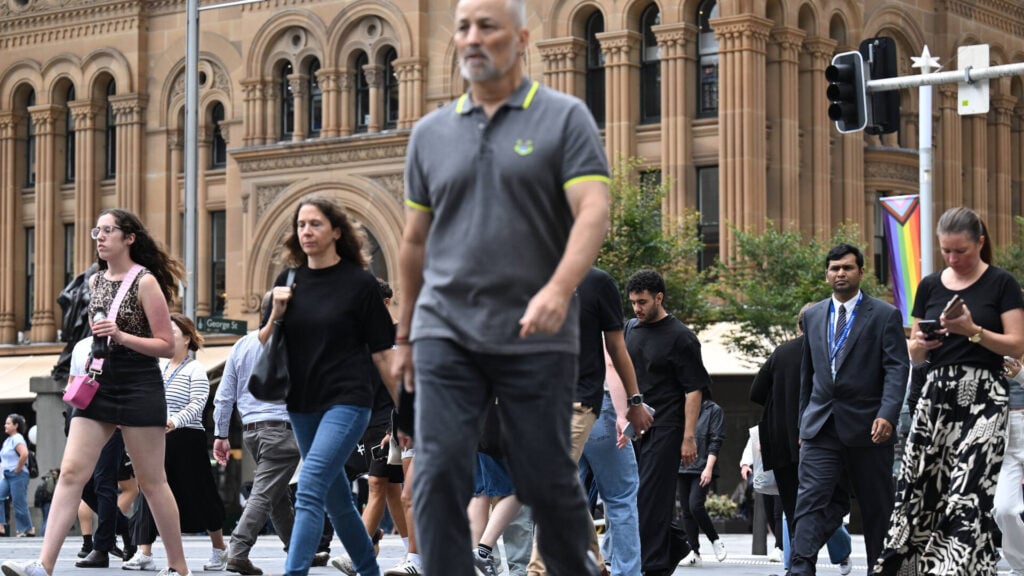Most Australian workers think artificial intelligence will impact their jobs but few believe it will replace them entirely, and many remain curious about what it can achieve.
But employees are split over whether the Australian government understands AI well enough to effectively regulate the technology, with older workers and women among the most sceptical.
The Technology Council of Australia released the findings of a large-scale survey of AI use on Wednesday that investigated workers’ opinions on the emerging technology.
The results come as AI is expected to dominate discussion on the second day of the government’s economic reform roundtable in Canberra, where the afternoon session is dedicated to innovation.
The council’s report, called Future Ready: Australians and AI Workplace Tech, surveyed more than 2500 employees from around the nation, ranging from 19 to over 65 years of age.
It found most workers expected artificial intelligence to transform jobs over the next five years but not replace them.
Only seven per cent of those surveyed thought AI technology would fully automate tasks, while most workers expected AI to augment tasks to some degree.
One in four people reported being excited about using AI in the workplace, almost the same number were concerned about the technology (21 per cent), and almost half said they were AI curious.
The results show workers have more positive attitudes to adopting the technology than some may assume, Tech Council chief executive Damian Kassabgi said.
“Rather than coming at this from a fearful perspective, the opportunity is (to work out) how do we ensure that workers have the support, the training and development that they need to augment their jobs, become more productive rather than fear the technology,” he told AAP.
Employee concerns about AI identified in the study included how personal information was used by AI tools, the availability of AI training, leaders listening to feedback, and being involved in the design of the technology.
Many workers also expressed doubt about whether the government understood AI tools well enough to regulate them, with only 51 per cent trusting officials, and trust lowest among workers aged 45 years and older.
Holding a roundtable was a good first step to developing AI policies, Kassabgi said, but he warned the government should be careful to take an “opportunity-first approach” to regulation and avoid stifling innovation.
“The government will misstep if they’re only talking about the risks,” he said.
“We acknowledge the risks but we also think the risks are things that can be put to bed relatively easily.”
The government released voluntary guidelines for AI use late last year but has yet to respond to a public consultation on mandatory guardrails designed to govern high-risk AI use.
Source: AAP









